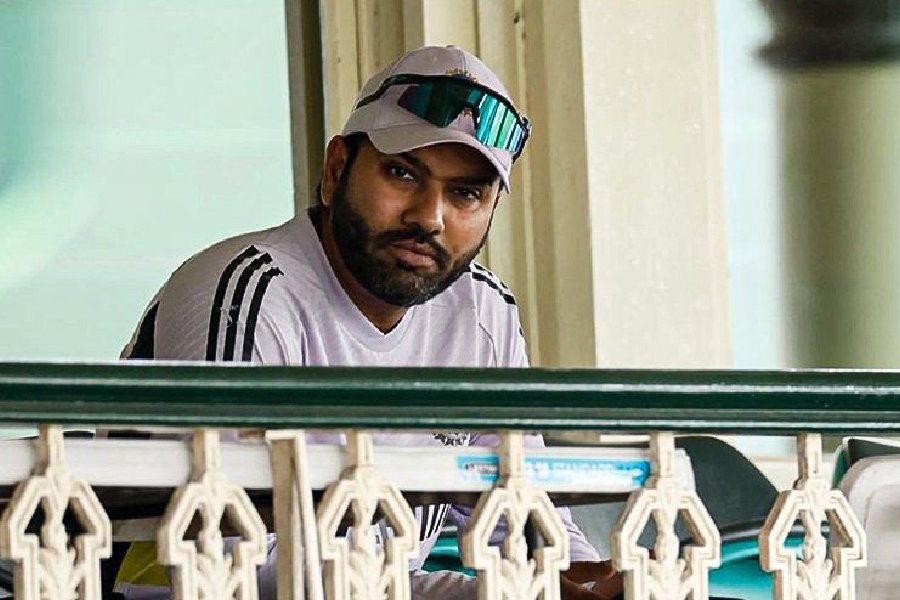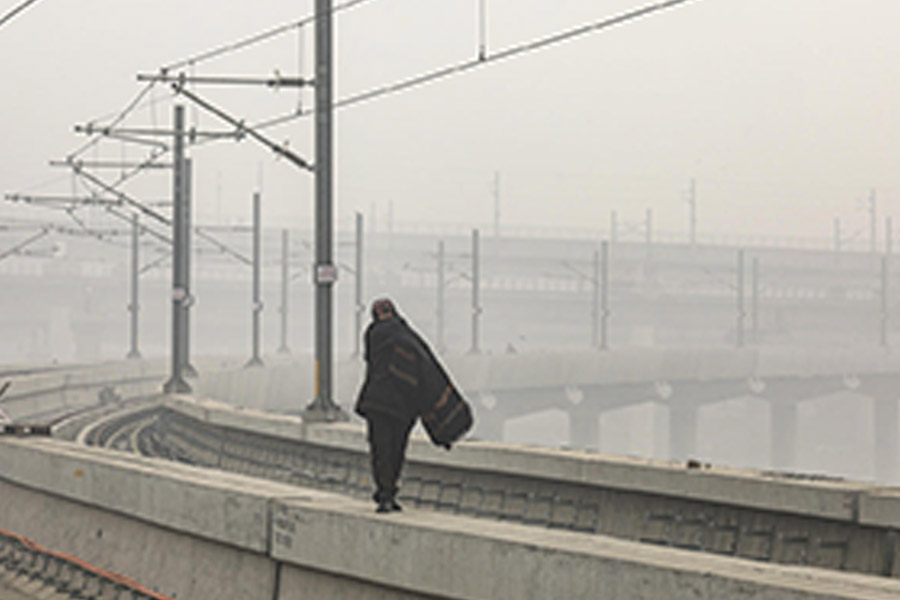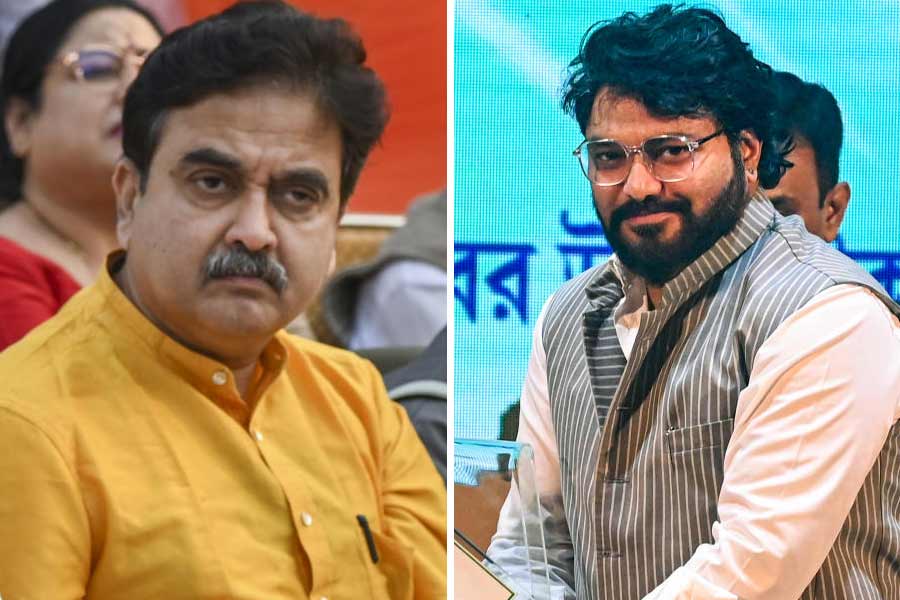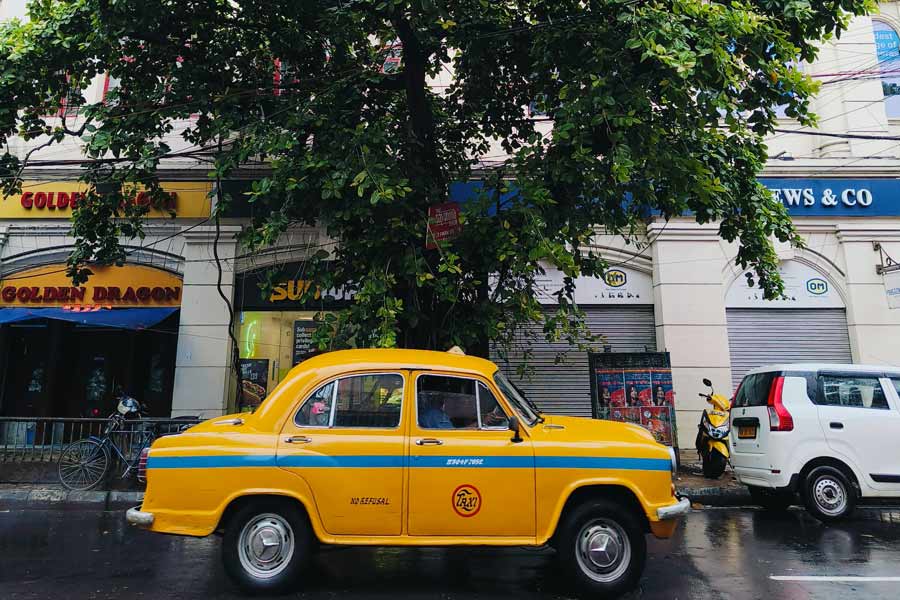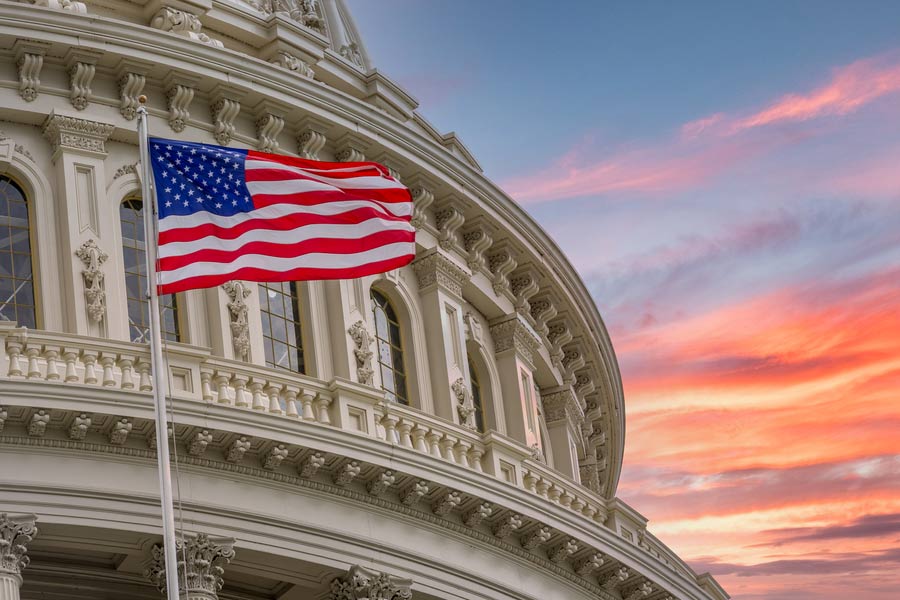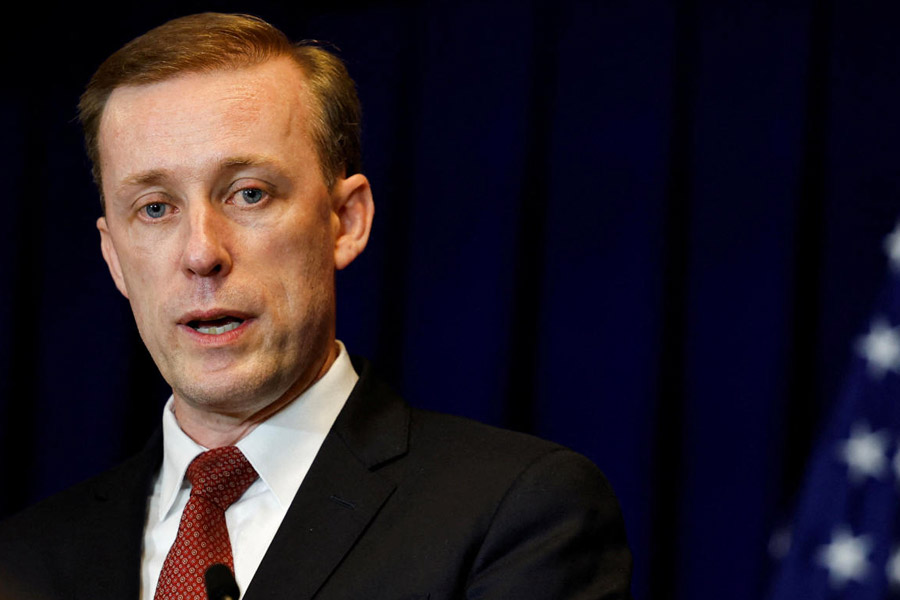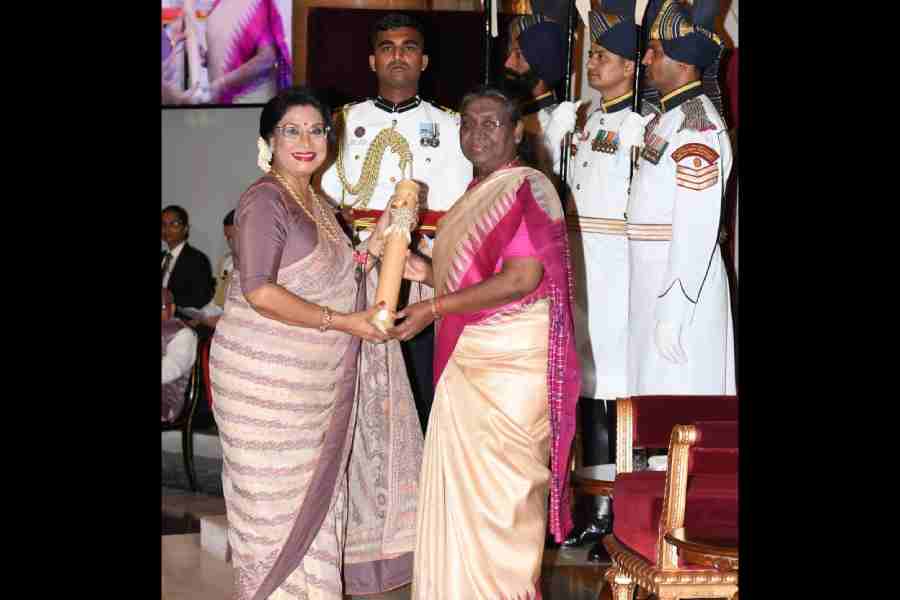Covid is an orphan virus and is using one strategy till such time comes when human beings, its only target so far, acquire an immune response strong enough to repel or keep it at bay.
It has united a divided world, with a stark threat to existence. While every citizen in the globe is staring at its ability in a somewhat stunned yet up-from-slumber-response, scientists, healthcare workers and governments the world over are putting in all efforts to contain and stop the wildfire.
It is important that these efforts function like an orchestra and not sound like individual staccatos. Scientists composing the lyrics, politicians on synthesisers, healthcare workers as singers and media as drum players. Multi-functional elements as we are, it’s time we converge without delay and create one symphony.
Science uncovers truth mercilessly. The objective of scientists is to be obsessive about being correct and nothing less. It may so happen they become sleepless and hard-pressed to see an idea translated in real-life once a solution becomes evident on paper, computer dashboard or a laboratory gel. Politicians, particularly those in power, are the primary conduits of scaling dreams of scientists up. Their side of the coin looks differently coloured, of course.
It is like facing the challenge put before them by unforeseen catastrophes and being shaken by the thought that they have to address public demand and opinion — temporary, amorphous entities both. They look for clues to solve the problem in most convenient and impactful manner.
Here comes the conflict of priorities and contexts. Scientists would like an ideal solution through the shortest route while politicians like implementation-savvy, feel-good solutions for the public, preferably least trouble-creating in terms of impact. While scientists rightly have a monocular view, people in power tend to put this under a multi-channel microscope before accepting and addressing it.
Over and above, the philosophy that guides political action finally decides whether the politician would prioritise guarding people alone or use the murky waters as a playground for narrow political dividends.
This is where divergence starts and so is the area where correction is needed in public health emergencies like the one we are passing through. Great science has to be a Trojan horse to reach out to people who are to be the final beneficiary.
In order to make this happen, it is important that science is on board the same chariot that politicians are on, speaking a language comforting the latter while not deviating from the primary scientific premise of being useful to people.
Craftsmen framing and dancing to the wishes of people-politicians, more often than not, turn out to be a guarded lot, mostly fearful of losing popular faith. Such overriding necessity for self-defence could catch a politician in a frenzy of paranoid suspicion on suggestions that appear unacceptable in quick review.
The art of translating knowledge to public policy is a highly sensitive process and is dependent on reciprocal understanding of priorities and compulsions. For example, if one wants negative-pressure arrangements (an isolation technique) at each intensive care facility in country-wide Covid centres, the politician has all grounds to reject your views.
On the other hand, lobbying persistently and tirelessly for good science is also needed. Not getting hurt at being given inadequate (according to the person concerned) attention and time, keeping at bay strong senses of self-respect, is also a call the present hour demands.
Many of us had been arguing in favour of widespread testing to pick up early-infected Covid subjects so that targeted surveillance could take place. Also, widespread testing could pick up an infected person early to be triaged to care. Such an approach could reduce mortality effectively, diminish case fatality rates that are often erroneously mirrored because of the low number of infected people being picked up. The politician could initially be frightened at the fallout of increasing demand through this approach but they could be persuaded at some point. It is an ongoing dialogue and doors should not be closed.
While scientists have access to global knowhow, politicians also look around as much as possible to find out the easiest, effective and politically correct solution that could be implemented through the administrative cart that they run.
It is important for the scientists to pursue with the politicians the experience gained in similar context but in different geographies and convince them that such inputs could be helpful in distress. Let us brand this approach as “my” (the politicians’) approach — a language that goes well with a politician, for obvious reasons. It is only the final beneficiaries that matter.
In Covid strategy, there are examples of remarkable success (Kerala at our doorstep and Singapore and Vietnam not so far away) and blatant failures (the US, the painfully bad one). Learning from both and analytically placing reasons thereof on the politicians’ table is something that scientists could do right now. The final call will obviously be with the politician.
We are passing through an unprecedented time and need to have a unified voice that helps human lives over all other imperatives. Scientists, policymakers and politicians are perhaps a set of individual pearls that need to string together and form a near-necklace, given the circumstances today.
Abhijit Chowdhury is a doctor and a social activist


